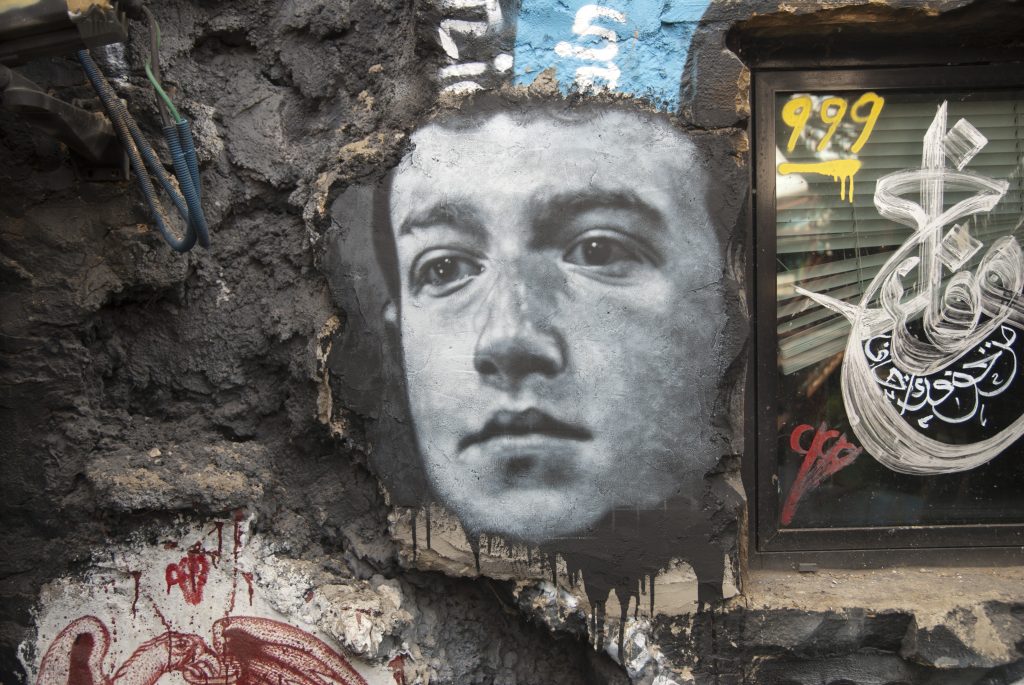

As the revolution rolls on, an insider raises a question: What hath software development to do with human development?
During a Utah ski trip in 2001, sixteen software developers created a four-point proposal to reform their industry; they called it the “Manifesto for Software Development.” It is now known as the Agile Manifesto. Twenty years later these men are recognized as visionaries. Their manifesto disrupted the tech world as Martin Luther’s posting of the ninety-five theses disrupted the church. It reads:
We are uncovering better ways of developing software by doing it and helping others do it. Through this work we have come to value: Individuals and interactions over processes and tools Working software over comprehensive documentation Customer collaboration over contract negotiation Responding to change over following a plan
According to McKinsey & Company, roughly seventy percent of corporations have adopted some form of “agile”* derived from the Manifesto. In the early days of Facebook Mark Zuckerberg popularized a cheeky distillation of the manifesto as the company motto: “Move fast and break things.”
Agile software development is not a simple checklist to increase efficiency. Any true agilest will be quick to tell you that agile is a mindset. At its core, the Agile Manifesto is a catalyst for the belief in the ability of software technology to address the problems that impact all of us: loneliness, death, climate change, poverty, happiness, and more. Given this expansive vision, it is fitting that the ardent proclaim themselves “agile evangelists.”
Now before you assume that what follows is an anti-technology rant, let me tell you about myself. My job title is “Scrum Master,” which essentially means I coach software engineers and Quality Assurance professionals on applying the principles of agile software development. The agile framework has cut out the managerial bloat, reducing excessive process and favoring straightforward communication over specialized vocabulary. It promotes direct collaboration, encourages creative work, and emphasizes a functioning piece of software that serves actual people—rather than existing to please corporate leadership.
This way of doing work is not new. In previous times it was simply a logical way to approach a craft. So within the context of software development, an “agile” approach has many time-honored benefits. What is interesting is that the inspiration agile injected into software development is now seeping back into the broader culture with a strange and telling hopefulness.
Steve Denning, author of several popular books on applying an agile mindset to business practices, proclaims that “an unstoppable revolution is now underway in our society, affecting almost everyone.” To succeed in this new world software companies must, he writes, maintain “an obsession with the customer’s needs.” The definition of “need” is being redefined as anything people will download an app for.
The embrace of agile by the most glorified companies of the twenty-first century reflects their faith in the limitless possibilities of software technology to aid us. Tesla’s Employee handbook opens with, “We’re Tesla. We’re changing the world. We’re willing to rethink everything. . . . Being different allows us to do what no one else is doing; to do what others tell us is impossible.” Elon Musk’s brashness exemplifies how tech companies create an identity they see as a reaction against corporate America—a quest Agile helped set in motion. Bucking the traditional top-down model of work inspires software companies to tout their superior company “culture.” This flashy, anti-corporate image propagates the idea that since tech companies play by different rules they are not bound by the old inefficient constraints.
Over the past decade or so a hope in software technology has spread into the popular imagination. The most notable example is the emergent common sense that tells us social media ably replaces face-to-face interaction. Seven years ago I heard about this mission from a Facebook software developer who told me Facebook was on pace to be the first internet experience for hundreds of millions of people around the world. What was striking was not the assumption that Facebook inherently makes lives better but rather how deeply this person believed in Facebook’s mission. They expressed it with a type of self-assured zeal I had only previously felt from friends describing a religious experience. The agile mindset has fueled a confidence in the capacity of software technology to address our deepest needs.
What happens when the outer veneer of this assurance in software technology is punctured? What lies just beneath the surface?
In his 2016 book, Listen, Liberal: Or, What Ever Happened to the Party of the People? Thomas Frank lampoons a type of wealthy, left-leaning Democrat who places faith in software innovation. Blinded by their own self-righteousness, this type refuses—or at least does not pause long enough—to question the limits of software technology. And this confidence is spreading as stocks in software technology soar. University funded incubators for tech startups have boomed over the past decade. Young agilely minded entrepreneurs, armed with mission statements about how their innovation will improve lives, are increasing in number. One startup incubated out of the Harvard Innovation Lab, ArbiLex, applies artificial intelligence (AI) to legal mediation. ArbiLex offers a predictive analytics software that determines how much a case will cost and the likelihood of winning, among other things. The rise of companies like ArbiLex is spreading the belief that AI holds the answer to achieving unbiased, scientific conflict resolutions.
We give our allegiance to software tech on the assumption that it makes our lives better, without considering what it cannot make whole. Note well: Agile software development, no matter how innovative, is still oriented around market capitalism, making any hope placed in it also a hope in capitalism itself. And the whims and standards of fantasy capitalism are nothing to place hope in.
It is time we become clear about the limits of software technology. Software technology cannot solve the divisions in politics, communities, churches, or families. We need something more enduring—something that can bring unity and hold the weight of our collective imagination.
David Demaree works in product management at a medical software company. He holds a PhD in American history and lives with his family near Pittsburgh.
*Editor’s note: In business writing “agile” seems usually to appear without capitalization—this even though the given reference is clearly made in relation to the Agile Manifesto. “Agile” is also used as both an adjective and noun. All of this is of course socio-linguistic evidence of the author’s claims about the dominant presence of “Agile.”
David Demaree works in product management at a medical software company. He holds a PhD in American history and lives with his family near Pittsburgh.